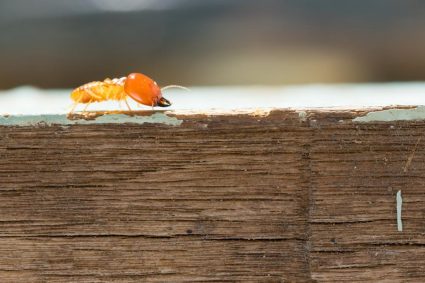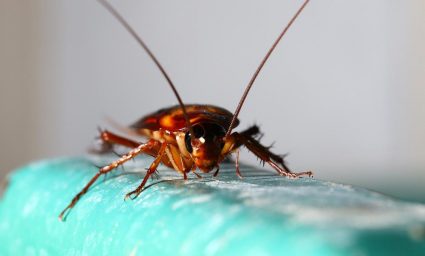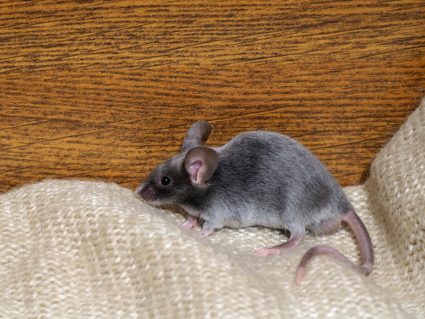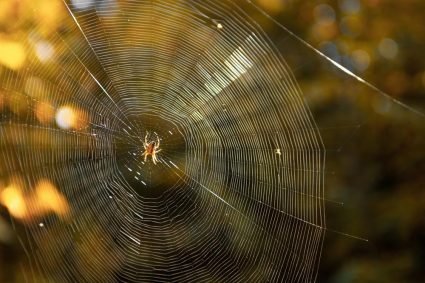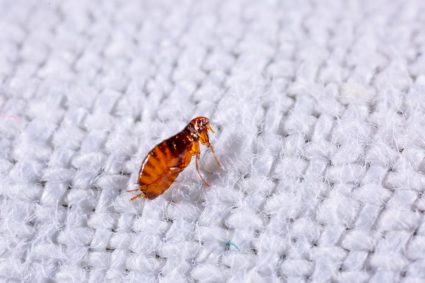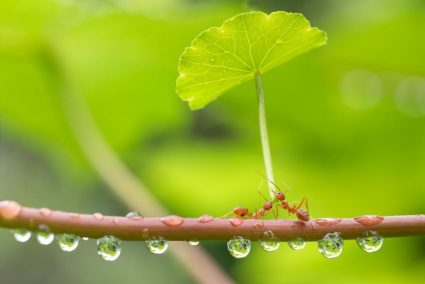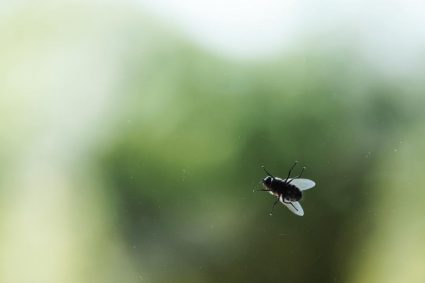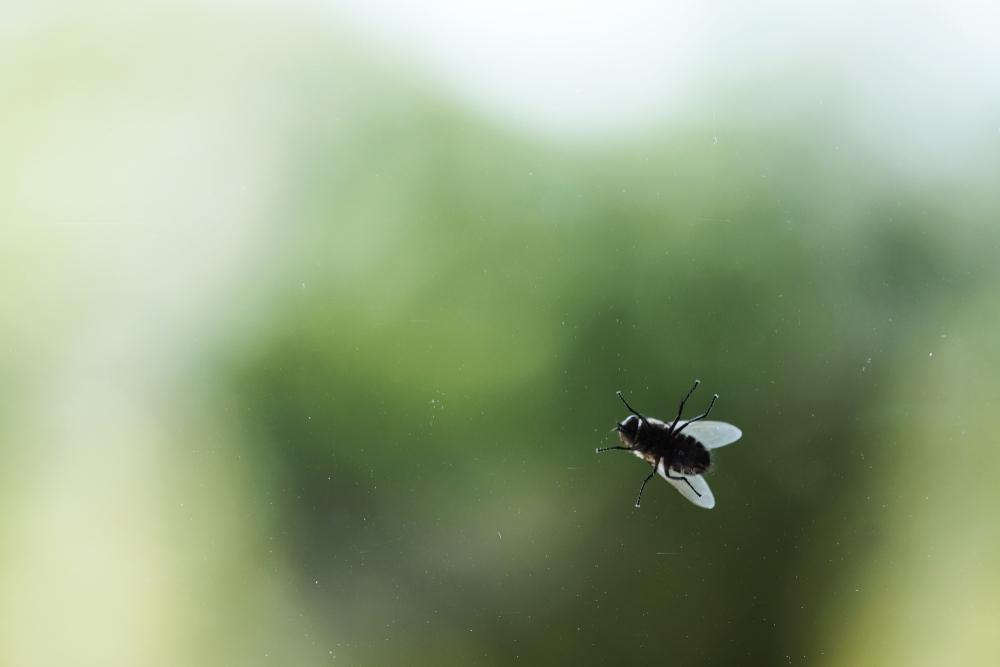
Fruit flies can be a real nuisance, especially during the warmer months when they’re most active. These tiny pests are attracted to ripe, rotting, or decayed fruit and vegetables, but they also breed in drains, garbage disposals, empty bottles, and cans. They lay their eggs near the surface of fermenting foods or other moist, organic materials. Upon discovering a fruit fly infestation, you might be tempted to use chemical insecticides to get rid of them. But there are more natural, safe methods to keep fruit flies at bay. One of these methods is to use plants that repel fruit flies.
Several plants are known to repel fruit flies due to their strong scents or chemical compounds. These include basil, lavender, peppermint, eucalyptus, rosemary, lemongrass, and the clove tree. These plants can be placed in key areas around your home to deter fruit flies. However, their effectiveness may vary, and it’s recommended to use them in combination with other control methods.
Plants That Repel Fruit Flies
Several plants are known to repel fruit flies due to their strong scents or chemical compounds that are unattractive or harmful to the insects. Some of these plants include:
- Basil: This popular herb is not only great for cooking but also helps repel fruit flies due to its strong scent.
- Lavender: The pleasant aroma of lavender is disliked by fruit flies, making it a useful deterrent.
- Peppermint: The strong scent of peppermint is known to repel fruit flies.
- Eucalyptus: The scent of eucalyptus can deter flies and other pests. However, it is toxic to cats and dogs, so keep pets away from this plant.
- Rosemary: The scent of rosemary is unpleasant to fruit flies and can help keep them away.
- Lemongrass: The citronella compound found in lemon balm is an effective insect repellent.
- Clove Tree: The strong yet pleasant-smelling spice from the clove tree is unattractive to fruit flies.
How Do These Plants Repel Fruit Flies?
The biological mechanisms involved in repelling fruit flies vary depending on the plant. Some plants, like basil and lavender, produce strong scents that are unattractive to fruit flies. Others, like lemon balm, contain specific chemical compounds (such as citronella) that are known to repel insects. In some cases, the taste or oils in the plant may be painful or unappealing to the flies.
Effectiveness of These Plants in Repelling Fruit Flies
While some plants may help deter fruit flies, their effectiveness may not be as high as other methods like DIY traps or chemical controls. It is recommended to use a combination of these methods to achieve the best results in repelling fruit flies.
Where to Place These Plants?
To maximize the effectiveness of plants in repelling fruit flies, place them in key areas around your home. Some strategic locations include near entry points, windowsills, tabletop trash bins, and around the kitchen where fruit flies are most likely to be attracted to ripe fruits and vegetables.
Caring for These Plants
To maintain the properties of plants that repel fruit flies, it is essential to provide proper care for each specific plant. Some general care tips include providing appropriate soil, watering regularly but not overwatering, placing the plant in a location with suitable sunlight, and pruning regularly to maintain its shape and promote new growth.
Drawbacks and Limitations
While using plants to repel fruit flies can be a helpful strategy, it may not be sufficient on its own to prevent infestations. It is essential to combine this approach with other control methods and maintain proper sanitation to effectively manage fruit fly populations.
Can These Plants Repel Other Types of Pests?
Yes, many plants can repel various types of pests. For instance, lavender repels fleas, moths, mosquitoes, and other insects. Basil repels flies, mosquitoes, carrot flies, asparagus beetles, and whiteflies. And, lemongrass contains citronella, which is known to repel mosquitoes.
In conclusion, while these plants can help repel fruit flies, maintaining cleanliness in your home is essential to prevent infestations. If you’re dealing with a persistent fruit fly problem, it may be necessary to consult with a pest control professional.
Frequently Asked Questions
Can I use essential oils of these plants to repel fruit flies?
Yes, essential oils derived from these plants can also be used to repel fruit flies. You can diffuse the oils in your home or dab a few drops on a cotton ball and place it in areas where fruit flies are a problem.
How often should I water these plants?
The watering frequency depends on the specific plant. For example, Basil prefers soil that is slightly dry, but not too dry. Water thoroughly only when the soil is dry to the touch. Lavender is drought-resistant and needs little watering, while Peppermint prefers slightly damp soil. Always check the specific watering needs of each plant.
Can these plants grow indoors?
Yes, these plants can grow indoors as long as they receive enough sunlight and are cared for properly. However, some plants like Eucalyptus can grow quite large and may be better suited for outdoor growth.
Can I use these plants to repel fruit flies in my garden?
Yes, planting these plants around your garden can help deter fruit flies from coming into the area. However, remember that plants alone may not completely solve a fruit fly problem if the conditions attracting the flies are not addressed.
How long does it take for these plants to start repelling fruit flies?
As soon as these plants are established and start producing their characteristic scents, they can begin to repel fruit flies. However, remember that their effectiveness can vary and they should be used in combination with other control methods.


